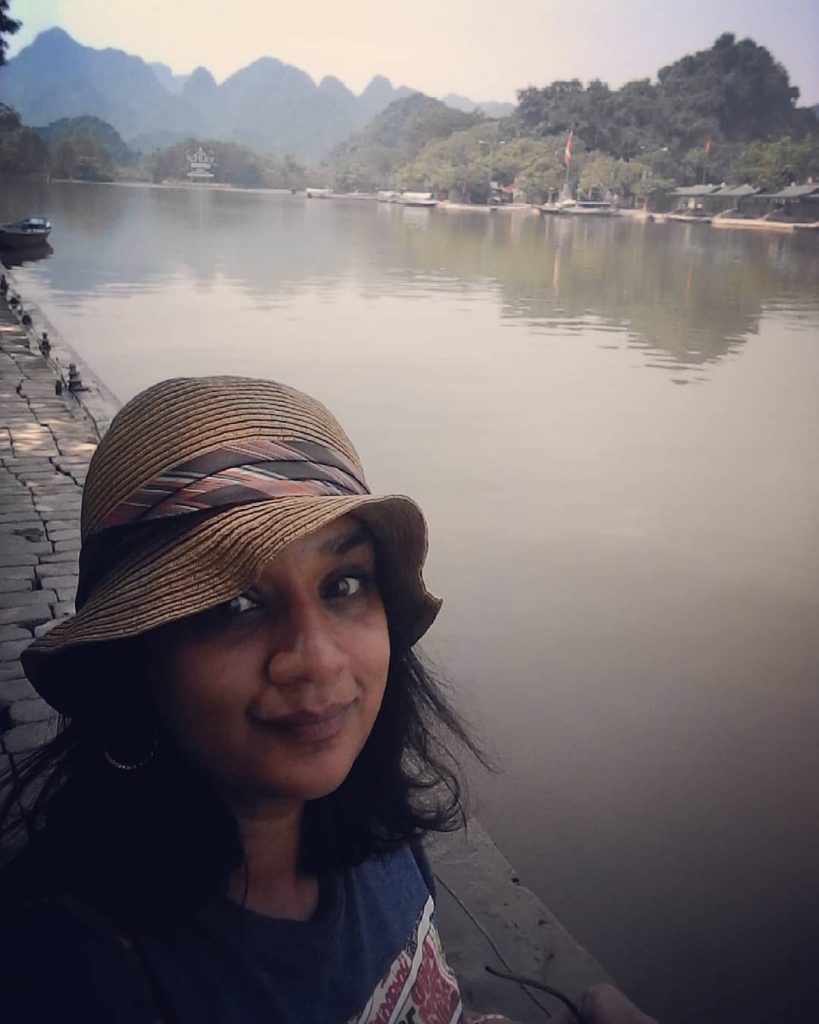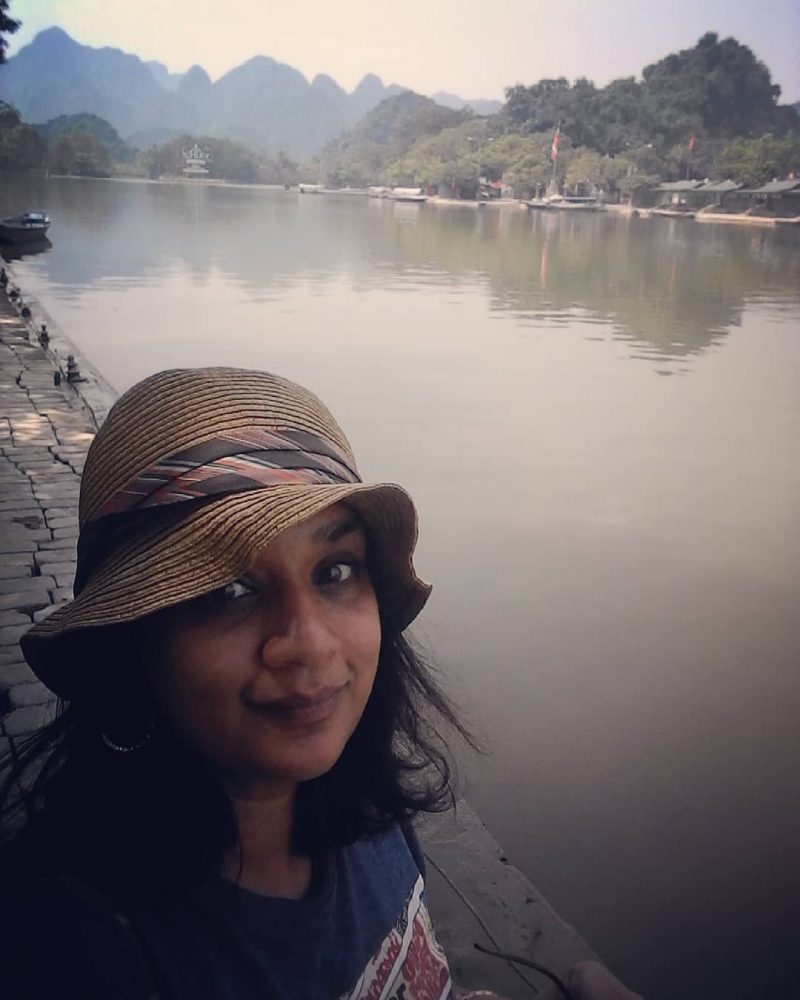I just did the ultimate Marie Kondo yesterday. I deleted my Facebook account after over 10 years on it.
I immediately felt a calm I have not felt since the mid-2000s. Which was exactly what I had been hoping for.
I hadn’t enjoyed the social media giant for the last few years but felt it was generally harmless. After all, technology is only as good as people decide to make it. I didn’t have to make it important. Plus, all my friends were there!
But then a pattern emerged that I could not deny. I was getting triggered by the photos of people I didn’t like, with whom I had mutual friends. The triggers led to a horrible anger that frightened even myself, especially when I felt like my heart was pounding to the point of a myocardial infarction.
The photos didn’t show anything more innocuous than the person having fun (because aren’t those ALL photos on Facebook anyway?) But I would get angry, knowing how some of those people had blatantly disrespected me, one even taking a piece of property from me and refusing to return it. They suffered NO consequences for their bad behavior. There were no mentions of it at all. Like I was literally swept under a rug now that their purposes had been served.
I never would have met some of these people had we not been on Facebook. But they felt they knew me because we had mutual friends via Facebook. Imagine if someone in real life randomly came up to you at a party and said, “Hey, we both know Adam. And my friend Jessica, whom you have never met, would like to borrow your chaise longue for her production of The Cherry Orchard. Cool, right?”
Having been raised to be community-minded in a predominantly Asian culture, I readily shared. And was given all sorts of texts about why Jessica was too busy and important to return it. And told it was my own fault for lending it out and was now putting mutual friends in the middle for asking it back.
I told Jessica to keep it and never contact me again. No good deed goes unpunished.
The funny thing is, I really do not want that chaise back. But seeing her smiling with the mutual friends who supported her bad behavior, seeing them check in to restaurants to have dinner at get-togethers to which I was not invited, made me so angry. I could feel my blood pressure going up. My head hurt in a way I thought I would have a stroke.
Sure, I could block them. But they weren’t the only ones triggering me. And I knew there were people who blocked me: exes who, after contacting me and flirting with me, then made up that I was trying to break up their marriages. Even though they lived in another time zone and I had not seen them since 1997. Actors and directors who illegally brought on a friend to a play I was producing, and blamed me for not liking her disrespect and entitlement. They continued to give jobs to her but they never once offered me an audition for any of their productions, despite working on multiple productions of mine.
I had become a pawn for others’ narratives. Knowing they blocked me felt like blame. After all, perception is reality, especially in our digital world.
I was unhappy, and even experiencing physical pain from how angry I felt. It was like permanently reliving high school. But a 15-year-old acting 15 years old is one thing; people in their 20s, 30s and 40s acting 15 years old is a circle of hell that Dante forgot to write about.
When, in July 2018, Facebook congratulated me for being on it for 10 years, I felt so sad, I was nearly paralyzed by the sadness. Hell, I had felt just as sad on the 8th and 9th “anniversary” and I just thought I do not want a double-digit anniversary on this. I just don’t.
Looking at the “memories” Facebook showed me each day, I saw that my experience had gone from “Hey, what’s up? Who wants to see a movie later?” to a few friends who also worked the early shift at various gyms (as I had 10 years ago) to political rants, negativity, a barrage of memes, none of which I enjoyed, but did not want my friends to feel bad that I didn’t like what they had shared.
I felt eye strain, nausea, depression. I wondered why something that didn’t pay me felt like a job, one that never ended. I was envious of the few people I knew who had already left it. They seemed happy, the world hadn’t stopped spinning, and we were still friends. So why was I so tied to it?
I have always been prone to both depression and anger, both as a genetic propensity and a learned behavior growing up. I am old enough to see the constant reminders and notifications was triggering both of these, and it was just unhealthy, particularly as it never ended. There was no reprieve. It came home with me, it went to the bathroom with me, it buzzed in the subway trains when WiFi came to more and more MTA stations throughout NYC.
When I first joined Facebook, I had not understood what it was. In fact, I remember reading about it in The Crimson newspaper when I worked at Harvard Medical School in 2004, and thought it was that thing some students were in court over. I remember noticing it because, in the late 1990s, I had worked in a law school admissions office and had to put together a hard copy “face book” on incoming law students, with a photo, hometown and a few interests so people could get to know them.
Now it is an electronic repository that has created the world’s youngest billionaire despite being free for all. We always knew our information was being monetized – the income stream has to come from somewhere. It is market research at its largest and finest. And I wanted out.
I actually mulled it over. When was a good date to end it? How should I announce it? Was it not just a symptom of how deep I was in it if I felt I had to announce it in a post? (Yes).
So … I just did it. There is a 30-day option to reactivate. I annoyingly have gone back in 5 times to retrieve photos of family and friends that are only on Facebook. I realize how I have handed over items of my life to an entity that does not need it nor care. But I can take responsibility for it.
I am done now. I have my photos, confirmed deletion, and that is it. I had deactivated in the past but always went back. I realize I have a soft addiction, and for “just one look” is like telling a recovering alcoholic “just one sip!” Because how could they possibly have any fun without it? (I do not drink alcohol either.)
I feel like Andy DuFresne at the end of The Shawshank Redemption, after he crawls through a tunnel of shit to come out the other side. True friends who want to get in touch with me know how. And the others will have to go buy their own chaise longues.

Saima Huq is the author of Hells Like Teen Spirit: Writings from my Gen X Midlife Crisis, available on Amazon.com. She lives in Ewing, NJ








Leave A Comment